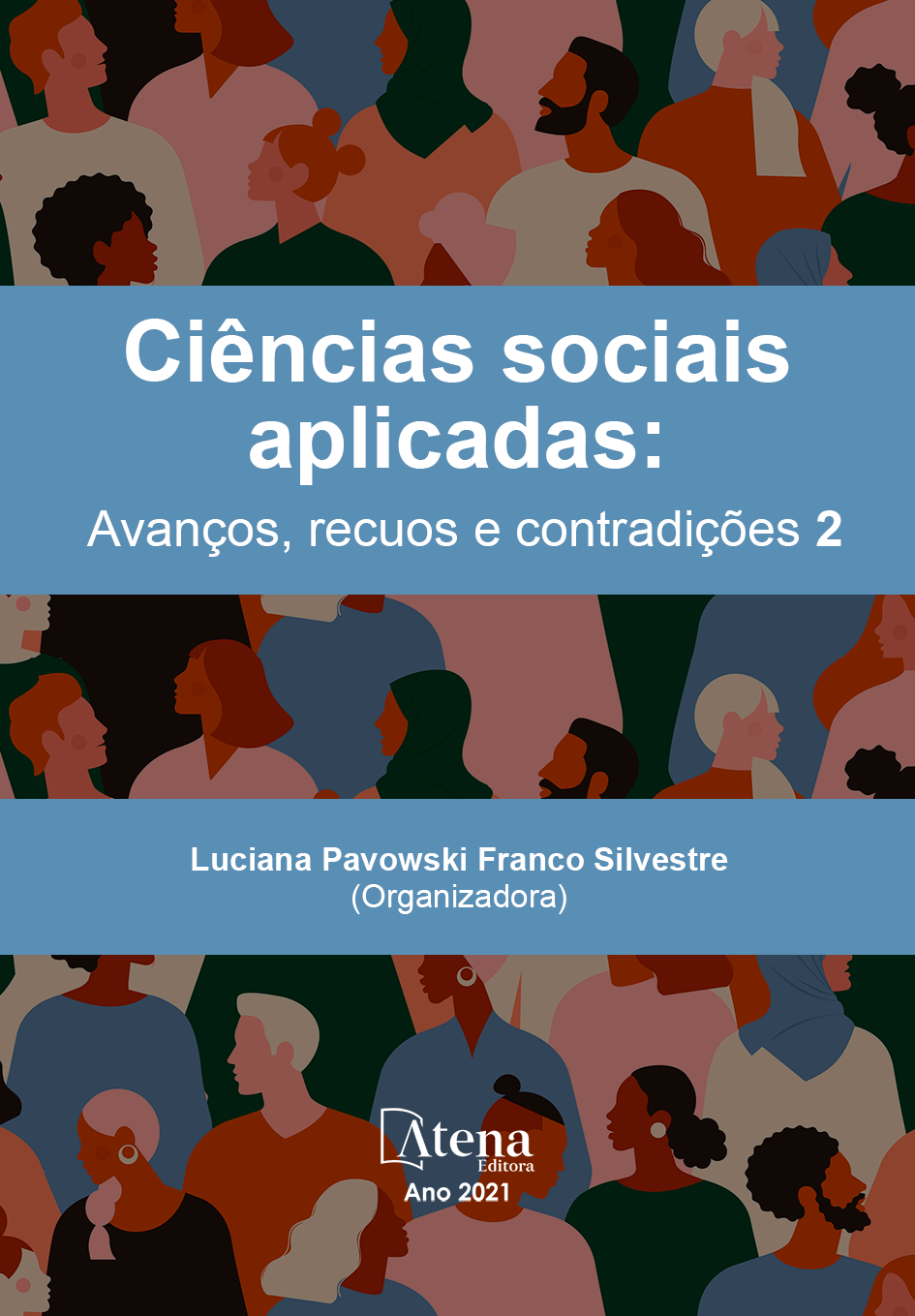
PRINCIPIO GENERAL DE RESERVA LEGAL Y LIMITACIONES A LOS DERECHOS FUNDAMENTALES APLICADOS A LA PRUEBA NO REGLADA EN EL PROCESO PENAL
DERECHOS FUNDAMENTALES Y NULIDADES EN EL PROCESO PENAL
El Principio General de Reserva de Ley (Ppio. de Legalidad), obliga al Estado a legislar toda injerencia en los derechos fundamentales de las personas. Esta norma Constitucional abarca todos los casos en los que el Estado, en especial el Ministerio Público Fiscal, al ejercer la persecución criminal pública se inmiscuye con intensidad en derechos individuales fundamentales de sujetos sospechosos de haber cometido delitos, e incluso de terceras personas que si bien pueden estar relacionadas con ellos, no tienen responsabilidad penal.
Por ello, en este trabajo, nos proponemos analizar la praxis judicial con herramientas cuantitativas y cualitativas; para describir diferentes criterios en las decisiones judiciales respecto a nulidades probatorias cuando se afecten derechos fundamentales por la injerencia estatal. Las resoluciones fueron recolectadas en Tribunales de la provincia de Córdoba tanto en la jurisdicción provincial como federal y abarcan desde marzo de 2015 a marzo de 2017 y luego analizadas estadísticamente. Para saber si dichas resoluciones afectaron derechos fundamentales, se tuvieron en cuenta criterios tales como el grado de injerencia estatal, regulación de la prueba, relación prueba-delito, importancia, alcance y género de la prueba, entre otros. Como resultado, se obtuvo una valoración objetiva, descriptiva y cifrada que nos permitió elaborar una conclusión final contrastando aquella valoración con las hipótesis originales de este trabajo.
Nuestro marco teórico encuentra su fundamento en la tesis elaborada por Gabriel Pérez Barbera “Dogmatica de los derechos fundamentales”.
PRINCIPIO GENERAL DE RESERVA LEGAL Y LIMITACIONES A LOS DERECHOS FUNDAMENTALES APLICADOS A LA PRUEBA NO REGLADA EN EL PROCESO PENAL
-
DOI: 10.22533/at.ed.4202118115
-
Palavras-chave: Derechos Fundamentales –Injerencia estatal-Proceso Penal–Prueba no reglada-Nulidad-valoración-descripción.
-
Keywords: Fundamental Rights – State Interference – Criminal Proceeding –Evidence Not Regulated by Law – Nullity – description – assesment.
-
Abstract:
FUNDAMENTAL RIGHTS AND NULLITY IN CRIMINAL PROCEEDING
The General Principle of Legal Provision (Principle of Legality) obligues the State to legislate any interference on individual fundamental rights. This constitutional mandate covers all cases over which the State exercises criminal prosecution. Particularly, the Office of Public Prosecutor when exercising public criminal prosecution intervenes strongly on individuals fundamental rights of those suspected of criminal acts including third parties who although linked to suspects may not have any criminal liability. In this sense to avoid arbitrary state interference a previous law is required within a context of purpose, immediacy, legality and mandatory application of the law justifying each individual case.
The resolutions were collected from Córdoba Province Courts of Law both provincial and federal jurisdictions from March 2015 to March 2017.
In order to know if these resolutions affected fundamental rights, criteria such as the degree of state interference, regulation of the evidence, relationship between evidence and crime, importance, scope and gender of the evidence, among others, were taken into account. As a result, an objective, descriptive and encrypted assessment was obtained that allowed us to draw up a final conclusion contrasting that assessment with the original hypotheses of this work.The theoretical framework is based on the thesis prepared by Gabriel Pérez Barbera "Dogmatics of fundamental rights".
-
Número de páginas: 15
- FERNANDO MARTIN BERTONE


